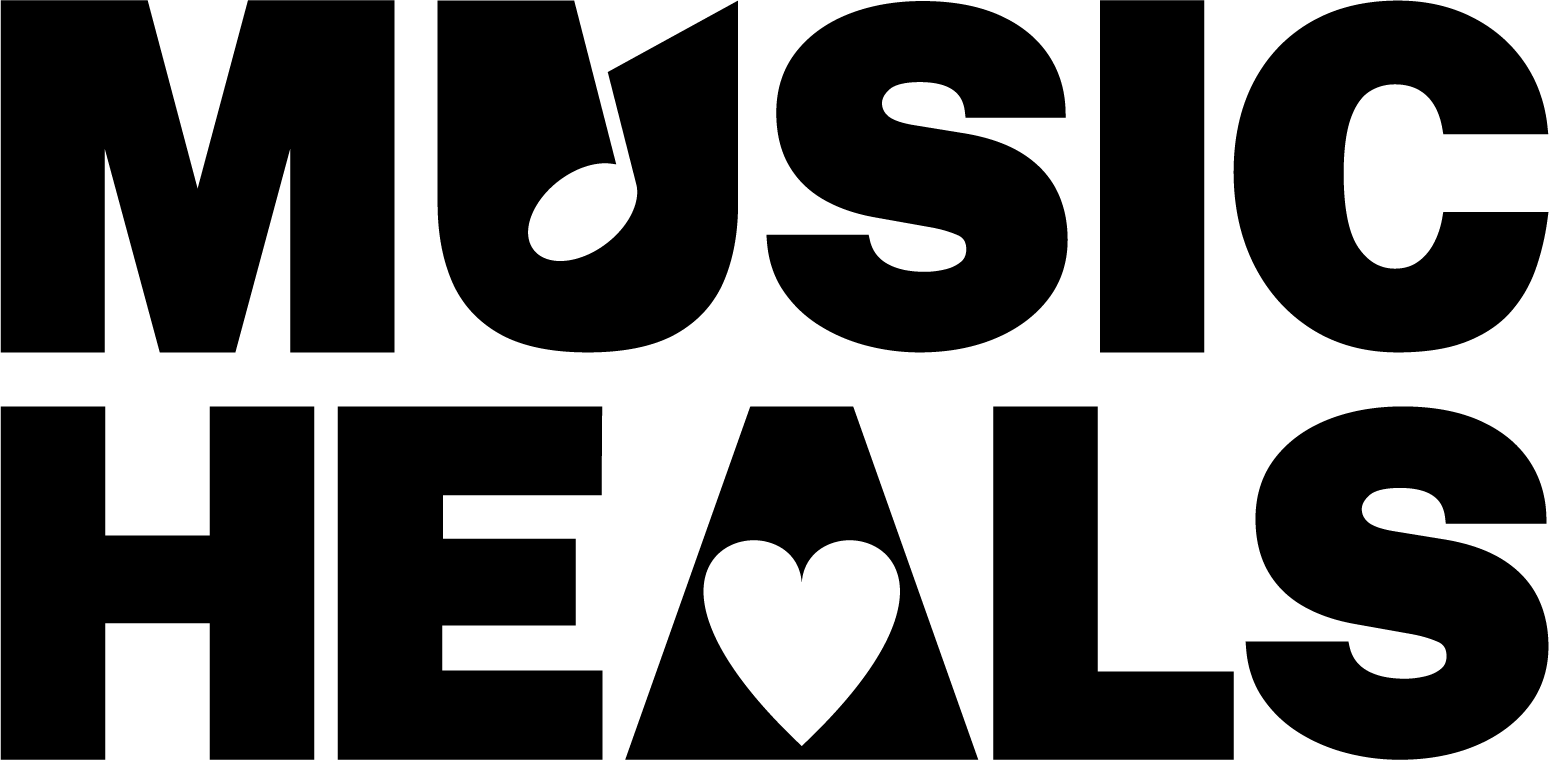Insights on Self-Care: A Popular Topic for Good Reason
February 23, 2014

Sunday, Feb 23, 2014
Written by Lindsey Holmes, MT-BC
Lindsey Holmes, MT-BC is a 2005 graduate of Michigan State University. Lindsey currently works at Twin Valley Behavioral Healthcare in Columbus Ohio, where she provides music therapy services to the forensic and acute psychiatric population in addition to serving as a supervising music therapist for their national roster internship program. Lindsey is currently pursuing her master’s degree in music therapy through Colorado State University.
Lindsey has been generous to pass on some helpful strategies for self-care, and we owe her many thanks for her partnership in this blog project! We hope that these insights will be useful in your pursuit of health and balance, in both your personal and professional lives.
___________________________________________________________
During a recent session on an addictions unit, a group of new clients were visibly skeptical of me, my cart of instruments, and whatever it was I was about to make them do. One male patient spoke up: “We just had a really rough psychotherapy group, and I’m not sure this is the right thing for me right now. I’m already feeling stressed and whatever this is probably isn’t going to help.” One of his peers seemed slightly more open to the prospect of engaging in music therapy and responded, “Oh, come on. Let’s just see what she’s going to do. If we don’t like it, we can leave.” With this brief bit of encouragement, all four clients made the decision to stay.
One hour later, I cut the group off for the final time. The energized rhythm of the drums gave way to a few “whoops,” one scream, a very loud “wow,” and then faded into silence. I asked the group to describe their experience. The same patient who had originally voiced his doubt about music therapy was the first to speak up. “This drumming was incredible. While we were doing that, I didn’t think about anything else. It was the first time in ten years that I haven’t been focused on where I could get drugs or how soon I could get high.” As I cleaned up after the session, he approached me to extend his thanks and to say, “I never would have thought music therapy would be a viable form of treatment, but now I know otherwise.” He asked for resources so that he could continue drumming in the community, thanked me once more, and left.
There have been many days in my career as a music therapist where I question if I’m making a difference, if what I’m doing matters, or if I could have been more effective within a session. But on this particular day, I went home feeling glorious. As music therapists, don’t we live for moments just like this? We long for sessions where we witness groundbreaking improvement, when pain and anxiety are alleviated and depression diminished, when the mentally fatigued discover hope and when the non-verbal find a voice.
While we may long for these experiences, it is important to recognize that not every session will leave you with that sense of accomplishment, wonder or joy. Some sessions may instead leave us frustrated, questioning or even full of grief. Music therapists work in diverse settings and with diverse populations and, in each, can encounter highly intense emotional situations. Therapists may encounter loss, witness relapse or struggle with the unfairness and injustice of the disease or disability they work to treat. One of the realities of being a music therapist is that the emotional intensity of our daily work can be difficult to handle without healthy ways of coping.
Self-care is a popular topic lately and rightfully so, as practicing self-care techniques can allow a music therapist to stay refreshed, avoid burnout and remain effective in their daily work. Self-care can be difficult, because it requires diligence and practice – yet, over time, it can make a considerable difference. Below are ideas for incorporating self-care into your personal and professional life. While these tips aren’t necessarily a cure-all, they can certainly help promote a healthier existence as you work to juggle your career and your life outside of work.
- Seek supervision. Whether peer or professional, supervision is an invaluable tool that can truly promote growth as a therapist and as an individual. Quality supervision can allow you to talk through stressful situations, process them and move forward.
- Ask for help. Remember that you can’t do it all on your own. Challenge yourself to ask a colleague or friend for help when you find yourself struggling.
- Learn to say no. It’s easy to say yes so often – to every project, job and committees — and that can mean stress over getting everything done and a lack of down time for yourself, whether that means being on your own or with those you love.
- Make time for yourself daily. Whether you take personal time daily for running, reading or simply sitting in silence, it’s important to do.
- Set professional and personal goals. Having realistic goals can help make your work more meaningful, give you something to look forward to and keep you feeling inspired.
- Take a mental health day. As a new professional, I thought mental health days were for old, burned-out therapists who just wanted a day off. Now I recognize that mental health days are for intelligent therapists who recognize they need a day to recharge, as a means of preventing burnout. Everyone needs a break once in a while.
- Keep a journal or memory box of successful and meaningful moments. Positive feedback from administrators, quotes from clients, descriptions of sessions that truly worked….Write about this and look back upon it when you’re feeling particularly stressed. Reliving these moments at a stressful time can be just what you need to remember why you do what you do, and to remember that you’re worth it.
Written by Lindsey Holmes, MT-BC
__________________________________________________
Disclaimer: This post is used with permission from the author and does not necessarily represent the views of Music Heals Canada. All content provided on this blog is for informational purposes only. Music Heals Canada makes no representations as to the accuracy or completeness of any information on this site or found by following any link on this site. The owner will not be liable for any errors or omissions in this information nor for any losses, injuries, or damages from the display or use of this information. These terms and conditions of use are subject to change at anytime and without notice.
Are you a music therapist, music therapy intern, or a professional in a field related to Music Therapy that has something to share on the Music Heals blog?
Submissions should include to links to your website and any social media channels you would like included in the article.
Submissions may be edited for length and photos for publication will require a waiver, which will be provided.Submissions should be sent to Alexina Davis: blog@musicheals.ca




